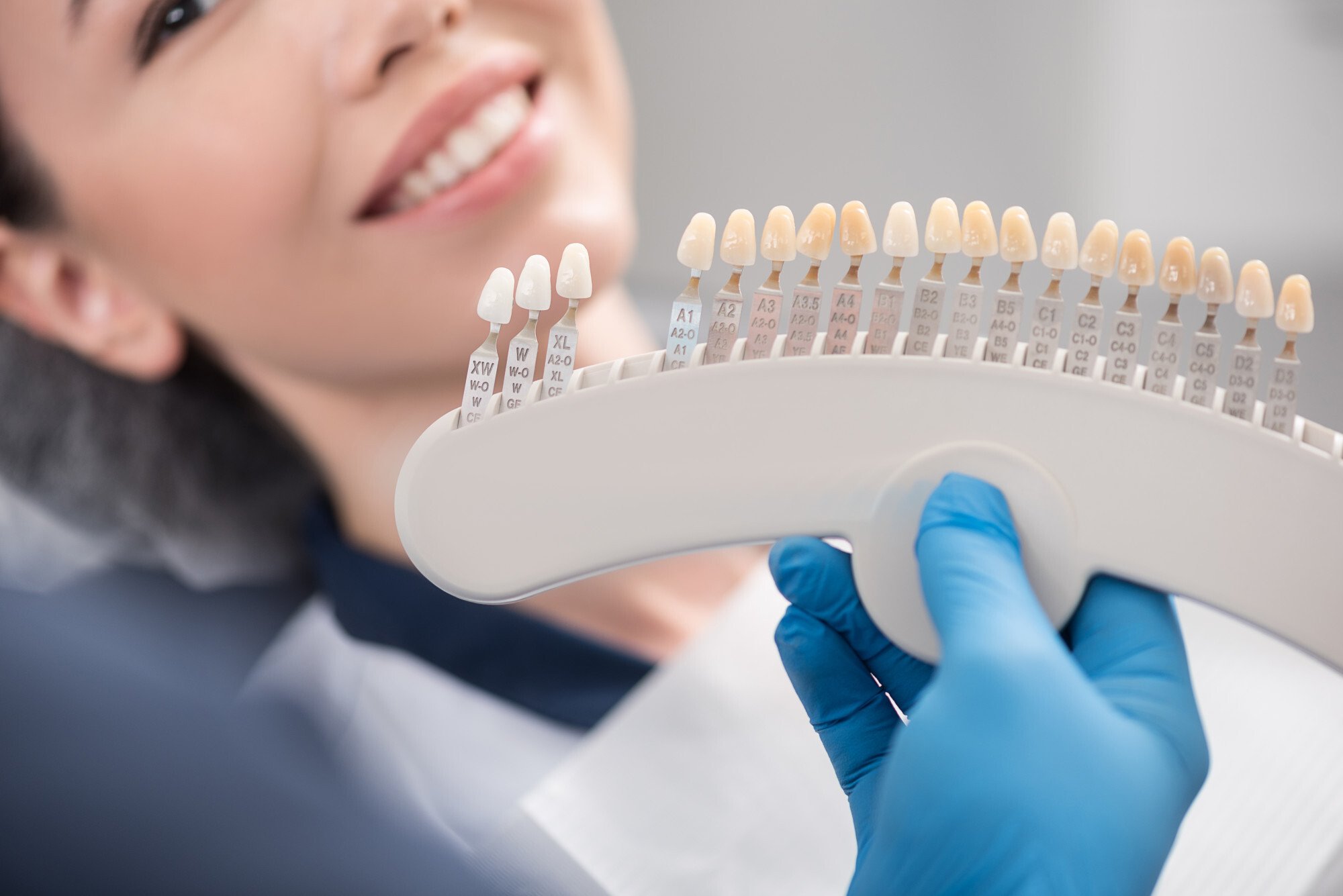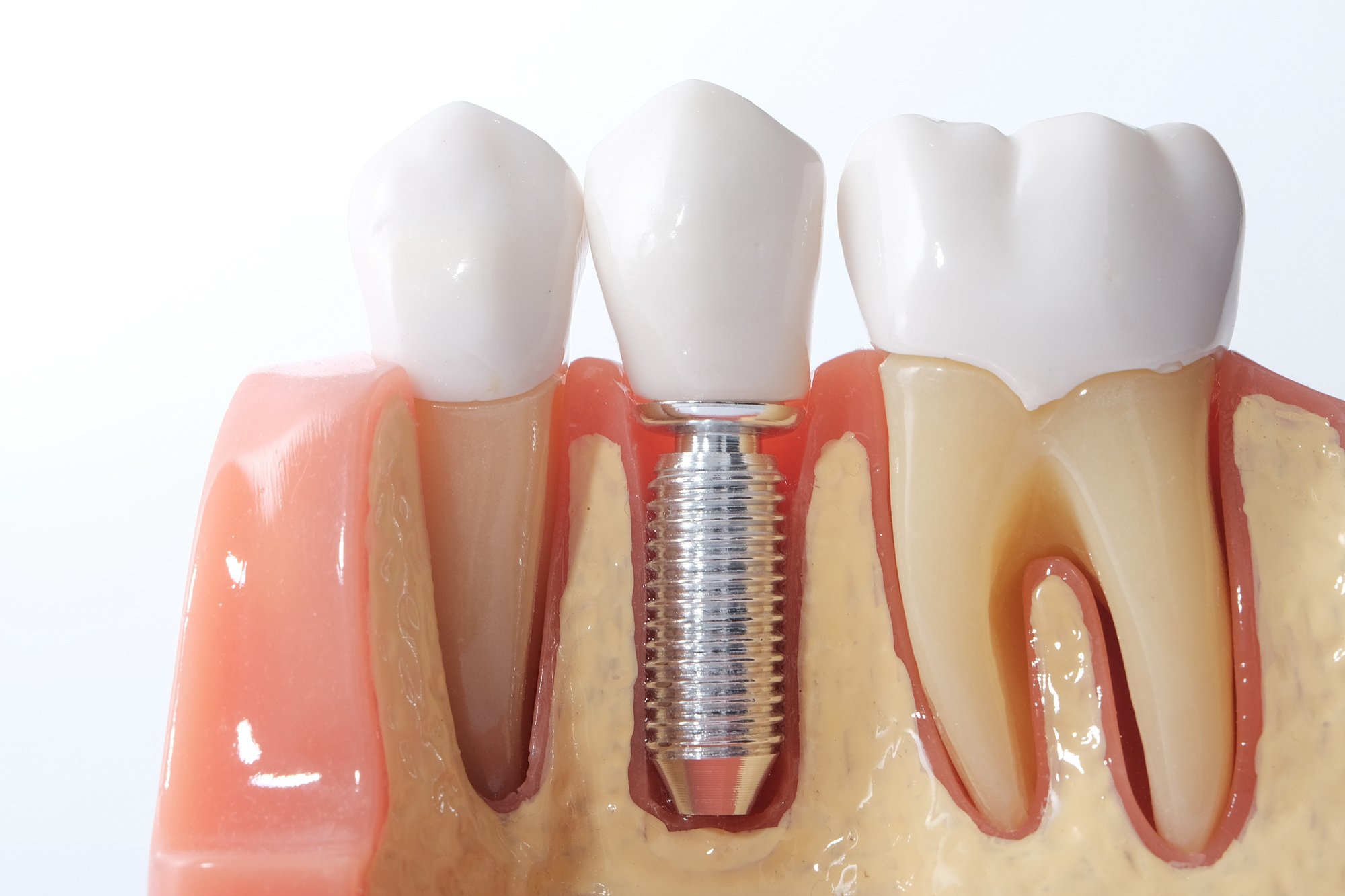
Dental implants are pieces of metal, usually titanium, that are implanted into the jawbone to replace teeth. Implants work best when they are used in conjunction with dentures. They are typically used to bridge the gap between two molars in adults and to treat malocclusion, or tooth misalignment. A dental implant is a surgically fused piece that interfaces directly with the jawbone or bone to serve as an anchor for a dental or prosthetic tooth, especially a crown, bridge, partial denture, or orthodontic cement. Since dental implants can become loose or lose their grip, it is important that implants are fitted by an experienced and skillful professional with extensive dental training and experience in placing dental implants. It is also wise to research a dentist thoroughly and ask for before and after pictures, so you can get a clear picture of what the completed implant looks like.
When using dental implants, dentures, and bridges to bridge the gap between two missing teeth, the tooth that needs to be replaced becomes part of the jawbone. The dentures or implants are then fused onto the abutment is then placed in the mouth so the new teeth are attached to the tooth permanently. Before you make the decision to have dental implants placed or have a bridge or denture placed, it is recommended that you consult with your general dentist at the trusted dental implants in toronto to ensure that they will not have any adverse effects on you, your gums, or teeth.
There are three common types of dental implants: removable, fixed, and peri-articular. Removable dental implants are not fixed to the jawbone, but they can be taken out if the need arises. Fixed dental implants are fixed to the bone and once removed, they can be quickly replaced by another fixed abutment.
Patients who choose dental implants need to understand the healing process and how long the treatments will take. This includes any period of oral or facial discomfort, swelling, and bleeding as well as post-operative care. Patients who are preparing to have their implants placed are encouraged to visit their dentist six to eight weeks prior to their surgery. During this six to eight-week period, they will receive instructions from the staff on how to care for their implants and answer any questions they may have about the healing process. Click to view here about the best dental practitioners.
One of the most important aspects of dental implants is that after their replacement, there will be at least six months of follow-up necessary. Patients and their oral surgeons will work together to determine the best way to prevent further damage to the other teeth as well as to the jawbone. This follow-up period can also involve the preparation for the second or subsequent replacements as well as routine cleanings and checkups.
Dentists usually recommend that dental implants are placed on top of an abutment bone. An abutment is similar to a bridge, except it is used only for the purpose of replacing one or more teeth. When dental implants are placed on top of an abutment, the entire procedure can be completed in less than an hour. The recovery process, including the wear and tear on the replacement teeth, will depend on many factors, including the patient's health and age as well as their level of activity. Some people may need more time to get comfortable with their new smile and may require several visits to their dentist before they feel completely comfortable. As with any surgical procedures, however, everyone will heal in time. For additional details regarding this topic, check out this link: https://en.wikipedia.org/wiki/Dentist.


